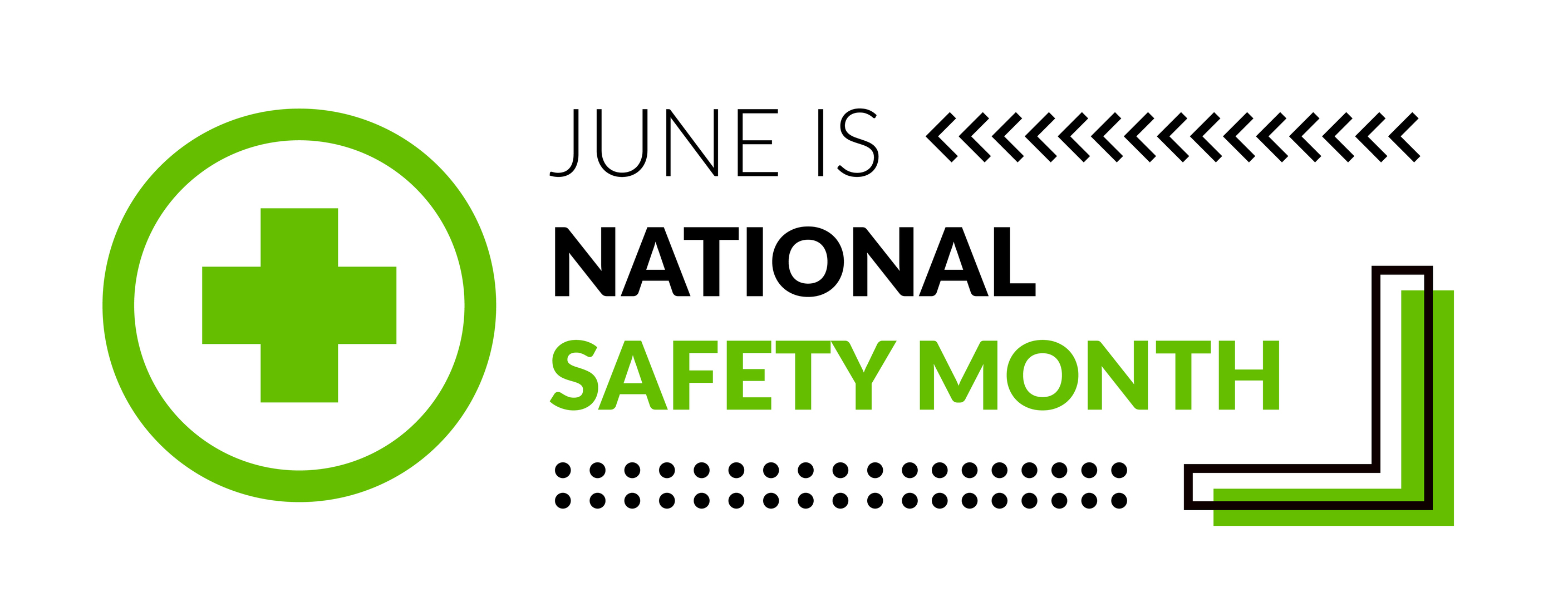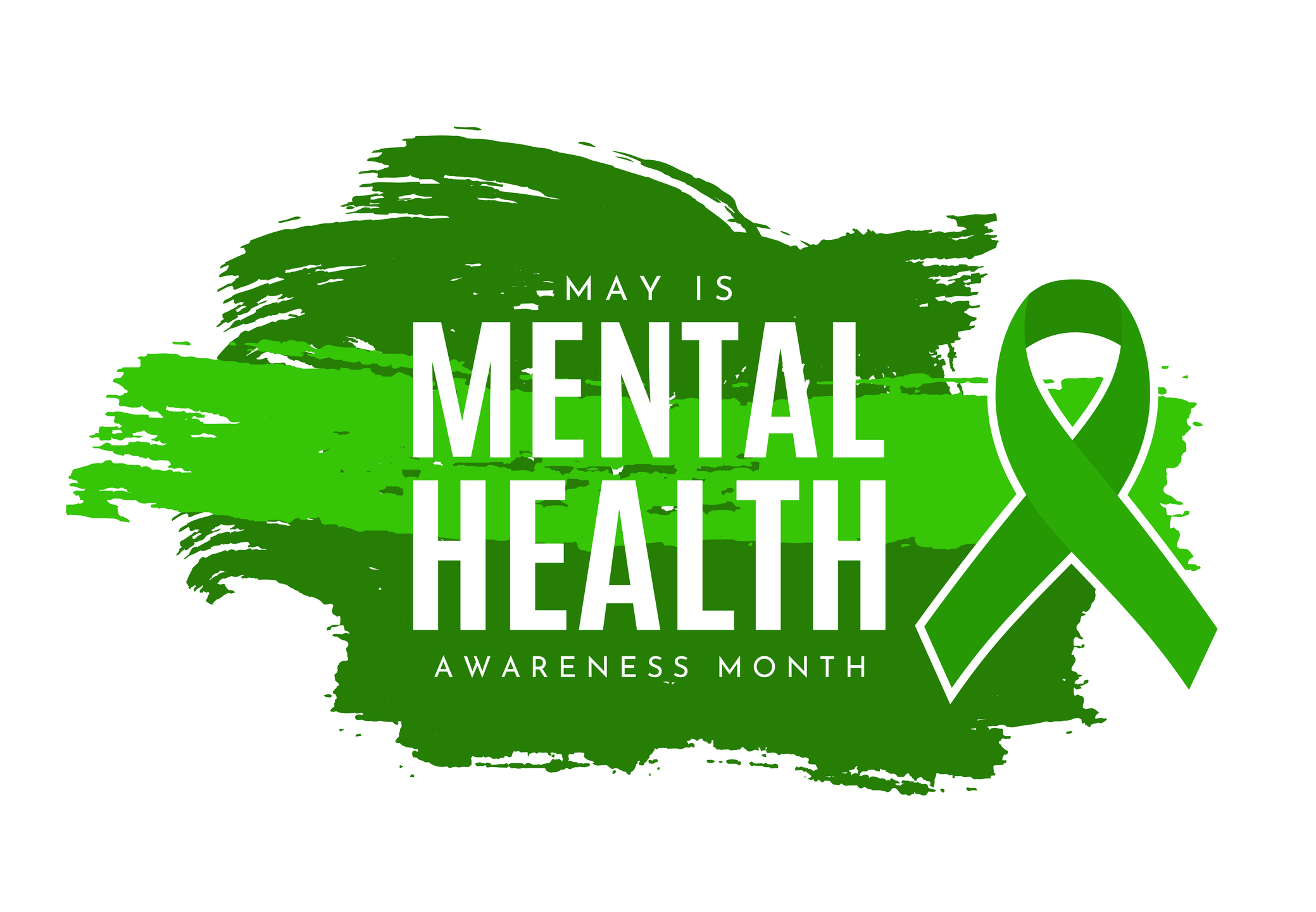Many employees in today’s workforce are expected to operate in highly demanding environments and to show resilience against growing psychological burdens. Several occupations are experiencing high-consequence levels of distress and burnout in the workplace. Job burnout, often described as a state of physical or emotional exhaustion that also involves a sense of reduced accomplishment and loss of personal identity, can significantly impact an employee’s ability to do his or her job.
Organizationally, cumulative toxic stress can lead to systemic dysfunction, poor team performance and problematic customer service. That’s because unmanaged stress levels and burnout impact engagement, judgment, decision-making, situational awareness, and physical health.
The result? The most obvious and widely-known impact is high employee turnover. But this also creates more risk for organizations, something many companies aren’t aware of. We, however, see in claims that stress does factor into risk.
For example, an employee’s high stress level may result in an error or accident because he or she had a delayed reaction time or poor decision-making. Or, an employee may leave an organization after one-too-many incidents of physical assault or verbal abuse because the organization did not know how to handle the trauma caused by those conditions. Unmanaged stress can also result in higher levels of absenteeism, reduced work performance and higher disability rates.
This is especially evident to organizations within the health and human services industry. Health workers have reported feeling burned out, which shouldn’t be a surprise given the tense and traumatic situations some healthcare providers face each and every day, such as the death of a patient and emotionally distraught family members. In addition, health aides, surge and temp workers are experiencing increased responsibility – with the worker shortage causing more professionals to provide care under pressure and having to do more with less. Of course, organizations continue to be held accountable to deliver quality outcomes.
Unfortunately, these situations are contributing to the rise in burnout among health workers and can be detrimental to the organization. In fact, Stanford Medicine recently reported that medical errors may stem more from physician burnout than unsafe health care settings. This should encourage organizations to seek comprehensive solutions for the epidemic of toxic stress.
Workers in other kinds of “helping” professions face high levels of burnout as well. These include police, firefighters, teachers, clergy, and customer service employees. Such workers also accumulate distress due to the emotional labor unique to their roles. The manufacturing and construction workforces frequently point to exposures to physical hazards, unforgiving work schedules, financial stressors, and personal life stress.
So, how can organizations address the issue of toxic stress and burnout before an error or accident occurs? The reality is many companies are overwhelmed and unsure where to start. Other organizations depend solely on their employee assistance program (EAP). EAPs provide valuable support to employees but few are designed to cover the scope and complexity of organizational sources of pressure and excessive demands.
We’re here to help! We believe the solution lies in creating a resilient workforce and well-prepared leaders and managers who can face challenges with organizational vigor. We will be diving into this important topic during our Spring Forum on March 28, 2019, which will provide concrete and actionable steps that will help organizations on the journey to a resilient workforce.
For more information on our Spring Forum, please see the event listing. You can also register for the event by clicking the “Sign Up” button.
We look forward to discussing this important topic!

Philadelphia, PA, 19102
Nancy Spangler, PhD, OTR/L, Senior Advisor and Practitioner at Greenleaf Integrative, contributed to this blog post.




EB.jpg)


